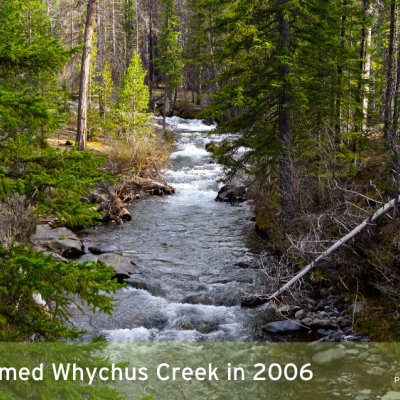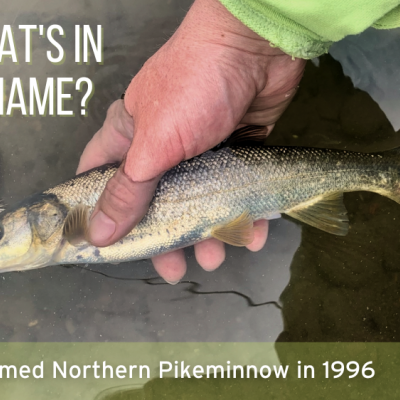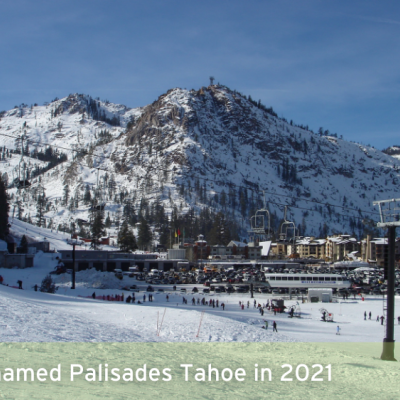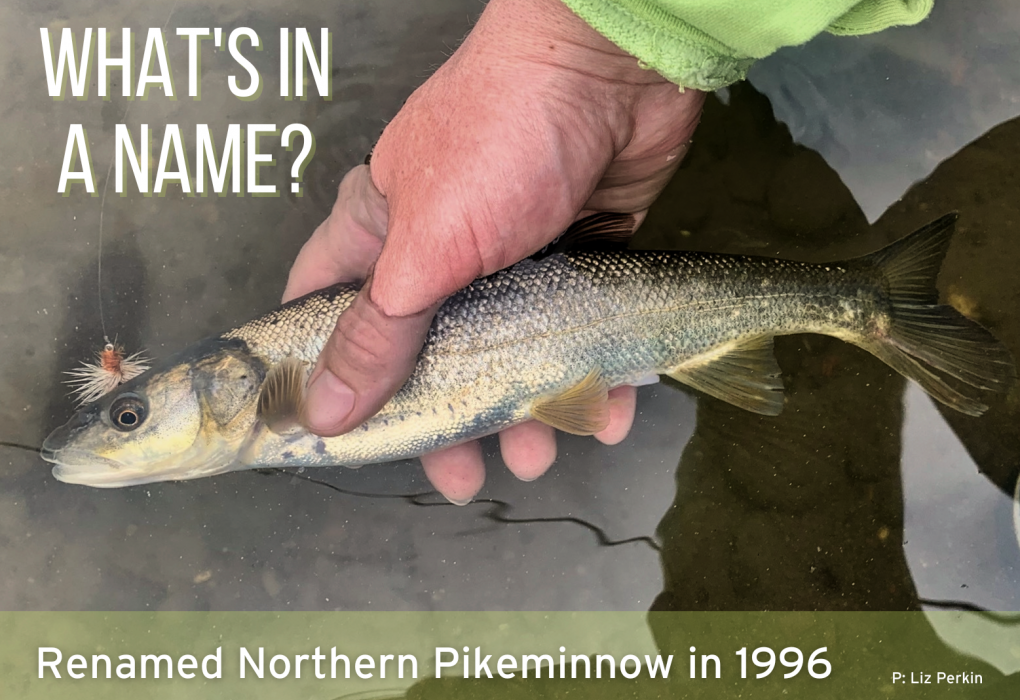What's in a Name?
CONTENT WARNING: The following content contains reference to statistics of violence and may be harmful or traumatizing to some readers.
This past week we witnessed a glimpse of the world we’re working towards coming into view. The Klamath River will once again flow freely. Its four large dams ordered for removal, opening nearly 400 miles of habitat for native fish. In Washington state, officials ended commercial net pen aquaculture, kicking off one of the largest passive restoration efforts on the west coast as Puget Sound and its waters are no longer polluted by disease and effluent. In both cases, the best-available science pointed to these outcomes, to the dismantling of old structures and harmful practices. To put this science into action, it took the united voices of Tribal Nations, indigenous people, environmental organizations, and anglers working together - creating a welcoming space to build relationships, share strategies, and combine efforts.
Often we hear friends and supporters ask, “Why is making progress for wild fish so difficult? Why are diverse coalitions the exception and not more common?” From work in diverse coalitions we can say that relationships are built on trust and trust is built on a foundation of authenticity, care and service to others, and competency in our work. Most often it’s the care and service to others that is neglected - after all how well do we know and how willing are we to acknowledge and dismantle the old structures and harmful practices that exist between diverse communities?
For example, you may have noticed that some names of familiar streams and fish species have changed in recent years. For example, Northern Pikeminnow and Whychus Creek have replaced Sq*fish and Sq* Creek as names. But why?
Originally, sq*** was an anglicized version of squa, meaning “young woman” in the Massachusett (Algonquian) language. But as white settlers adopted sq* and started using it well beyond Algonquian lands, the word took on a different connotation. In the time since colonization, sq* has been used to denigrate Native American women and now has a deeply racist and misogynistic meaning. Using this word insults the very women who were (and still are!) the knowledge keepers, leaders, and often scientific practitioners of North American Indigenous cultures.
When we use derogatory words about a specific group of people (even unintentionally) they have a way of dehumanizing them and makes violence against them more acceptable. Using sq* contributes to the marginalization of Indigenous women and girls, who in some US counties have rates of murder that are over ten times the national average. Over 50% of Indigenous women and girls are sexually assaulted in their lifetimes and the offenders are disproportionately white men. Continuing to use sq* creates an environment that can feel unwelcoming and even dangerous to valued members of the outdoor community, which in turn fractures the very powerful coalitions vital for putting science into action.
Eliminating racist and misogynistic language from our vocabulary is just a first step in creating a more welcoming community. What else can you do to support Indigenous women and create welcoming spaces?
Educate others. There are lots of people who don’t know how harmful using the “s” word is. When you hear other people using it, tell them what you’ve learned and the negative impact it has on Indigenous women and girls.
Learn from and support Indigenous-led outdoor groups and businesses. Some of our favorites include Native Women’s Wilderness, Natives Outdoors, IllumiNative, Awkward Angler,
Donate to Missing and Murdered Indigenous Women
Speak up against acts of violence. Use your voice to support those we are affected by violence and encourage others to do the same.
Here are some additional resources to learn more about the history of the “s” word and violence against American Indian and Alaska Native Women:
Indian Country Today article discussing the potentially inoffensive & offensive history of the word
PBS News Hour article on changing the name of Sq*** Valley, CA
A brief summary of whether sq*** is a word to be reclaimed by Native Americans
Summary of the meaning of sq*** for the Nez Perce tribe
Supporting Survivors Statistics: Sexualized Violence Statistics
National Institute of Justice: Violence Against American Indian and Alaska Native Women and Men




